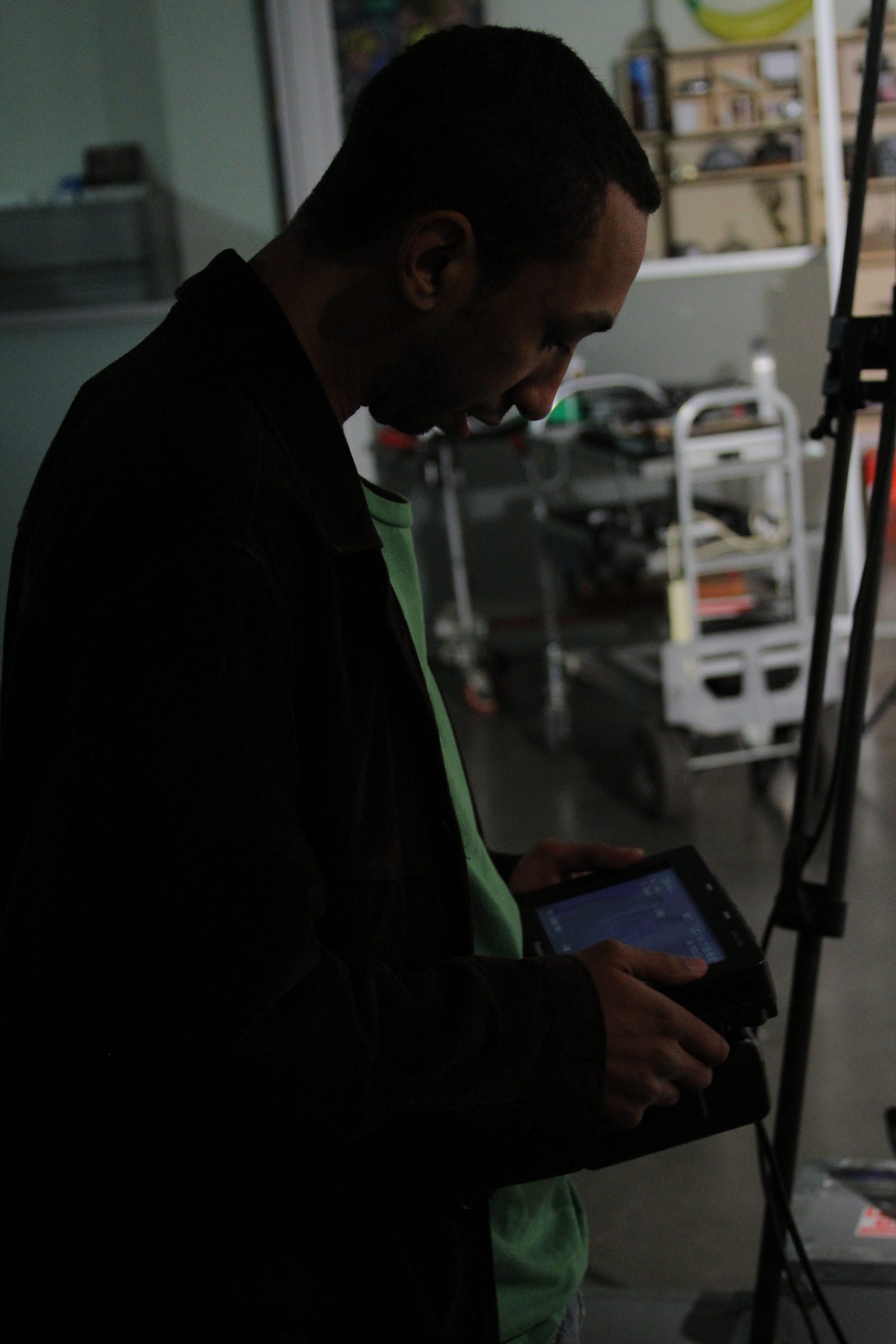The Choice of Today
This article originally appeared in my newsletter. To get advice like this in your inbox. Sign up here:
As filmmakers, we have a choice to make today. There are a lot of changes on the horizon of our industry. From the pursuit of mergers to the introduction of AI, the landscape is looking like one of absolute chaos.
The landscape of being a filmmaker is changing. We have some important questions we need to ask ourselves about how we approach not only our careers but also the craft itself.
This week, I provide some answers.
WILL TECHNOLOGY REPLACE ME?
There’s been a lot of talk about how AI is going to be used to replace creatives. How everyone can use it to become a writer, an artist, and now, with Sora, a filmmaker. While I’m still baffled why so much focus has been put on trying to replace a discipline that people actually enjoy, there’s a small hole in the thinking that all creativity will be completely done by machines:
It needs to steal our original work to be trained.
Right now, LLMs like Sora and ChatGPT are like parrots with great data analysis capabilities. They can mimic and delineate. But when they try to do something original, things get a little weird.
Replacement cannot be the intent of the current AI developments. However, it will make certain aspects less time-consuming and also less valuable. But with data trained on what exists, it creates the same problem that we saw with the overload of cinematic universes:
It becomes numbing and boring.
People want to experience things that are new and, at the moment, humans are the only ones that can provide that. While the large media companies might be focused on how to use it to increase their bottom lines, we need to see how we can use it (or not) to be even more creative.
How we can create more connection with each other.
WILL ANYONE EVEN SEE IT?
Every large studio and production company right now is looking for a merger. With the amount of debt that’s been run up over the past decade, they’re trying to find a way to offload any assets they can to keep their companies afloat. With all this cannibalism, it’s easy for independent filmmakers to get caught up in it. We think that this affects our chances of getting our work screened to mass audiences.
But remember, we are individuals and not (nor should we ever be) employees of a large media organization. And while the large companies are fighting for survival, there are a lot of smaller companies and other people who are still willing to embrace what really matters:
Creating exciting and original work.
I and many of my peers spent too long trying to create the right piece of work that would impress these large companies. We didn’t spend enough time on what’s sustainable in the career of a filmmaker:
Relationships
This isn’t just about building the right relationships with people who can buy your work, but relationships with the people to whom it matters. The people that will really resonate with it because they can see how it matters to them. Because there is an increasing demand for:
MESSAGE & MEANING
Hollywood is a copycat industry. They see something work and then try to replicate it to death. Which might be why there’s such a grand push for the integration of AI. But right now, people are feeling a bit lost. There’s trouble in the world and everyone is feeling a sense of dread.
While there is the case for people wanting to be comforted by the media they consume, there is still a large appetite for seeking meaning. And for filmmaking to say something.
When I speak about showcasing diversity on screen, what I mean is to showcase people and culture in a way that helps us not only understand each other but to know that we matter. That our experiences have value. That we don’t have to disappear to make room for someone else with “higher earning potential.”
We need to find the message and the meaning behind our work. To do some true self-exploration. Because while the large companies are merging and purging, we can find our lanes by not hoping to be a willing servant, but:
A SOVEREIGN INDIVIDUAL
Voice and perspective matter in art. We remember the people behind it and are excited to hear what they say next. Chasing the Hollywood dream, many filmmakers have forgotten that. We’ve forgotten what we want to say and often not truly explored it. And we’ve waited too long to get “permission” to say it.
We have an opportunity in front of us on how we want to approach our craft and the ability to earn a living. One is trying to impress the right people and hoping we’ll get invited to the right boardroom. The other is creating authenticity in our voice and connection with the people it speaks to.
The second choice is the one that is sustainable and will never go out of fashion. The first, while possibly more lucrative, is more volatile. And the one that may leave you wondering what you’re even doing.
The Blended Future Project is my way of creating an authentic voice and building connection. Each of us needs to build our own. And connect with people doing the same.
- Want more filmmaking and creator advice? Sign up for my newsletter.
- Get my free workbook The Mixed Creator
- Need coaching or consulting? Book a meeting with me.












